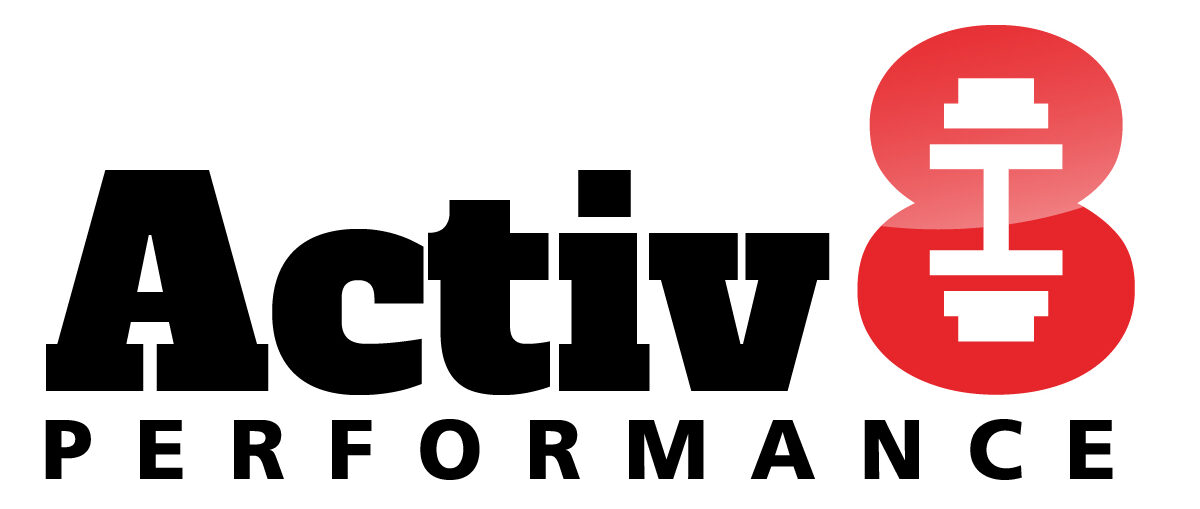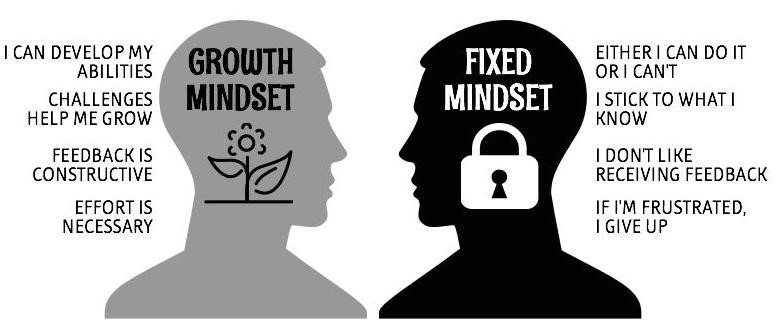If you’ve ever played a sport, watched an athletic competition, or coached a team, you’ve likely witnessed firsthand the significant impact that mindset can have on performance. Whether you’re aiming for a personal best, trying to overcome a performance plateau, or just looking to enjoy the sport you love, understanding the concept of mindset can be a game-changer. This post, we’ll look into the fixed vs. growth mindset and its implications in the realm of sports.
What is a Fixed Mindset?
A fixed mindset, as coined by renowned psychologist Dr. Carol Dweck, refers to the belief that one’s abilities and talents are static or unchangeable. An individual with a fixed mindset might think, “I’m just not good at this sport” or “I’ll never be able to beat that competitor.” They see challenges as threats, often avoid tasks where they might fail, and are generally resistant to feedback.
In the Sports Context: Athletes with a fixed mindset might avoid trying new strategies or techniques for fear of failure or may become easily discouraged after a poor performance, believing they’ll never improve.
What is a Growth Mindset?
Contrastingly, a growth mindset is the belief that one’s abilities can be developed with effort, training, and perseverance. Individuals with a growth mindset embrace challenges, see effort as a pathway to improvement, and understand that failures are opportunities to learn and grow.
In the Sports Context: Athletes with a growth mindset might seek out tougher opponents to challenge themselves, be more receptive to coaching, and view setbacks as opportunities to refine their skills and strategies.
Why Does Mindset Matter in Sports?
- Resilience: Sport is filled with challenges, from injuries to game losses. A growth mindset fosters resilience, enabling athletes to bounce back faster from setbacks.
- Continuous Improvement: Athletes with a growth mindset are more likely to be proactive in seeking feedback, setting goals, and dedicating time to skill development.
- Enhanced Enjoyment: By viewing challenges as opportunities, athletes with a growth mindset often find more joy and fulfillment in their sport, even during tough times.
How Can You Foster a Growth Mindset in Sports?
- Change Your Language: Instead of saying “I can’t do this,” try saying “I can’t do this yet.” This simple shift in wording can change one’s perspective from fixed to growth-oriented.
- Embrace Failure as a Learning Opportunity: After a setback, instead of dwelling on the loss, analyse what went wrong and how you can improve next time.
- Seek Feedback: Regularly ask coaches, teammates, or trainers for feedback and take it as an opportunity to grow, rather than as criticism.
- Celebrate Effort, Not Just Outcome: Praise the hard work and effort that goes into training and performance, not just the final score or result.
Conclusion
A mindset, whether fixed or growth, can heavily influence an athlete’s approach to training, performance, and response to challenges. By understanding these concepts and striving to adopt a growth mindset, athletes can unlock their full potential, enjoy their sport more, and set themselves up for long-term success. After all, in the words of Dr. Carol Dweck, “In a growth mindset, challenges are exciting rather than threatening. So rather than thinking, oh, I’m going to reveal my weaknesses, you say, wow, here’s a chance to grow.”



